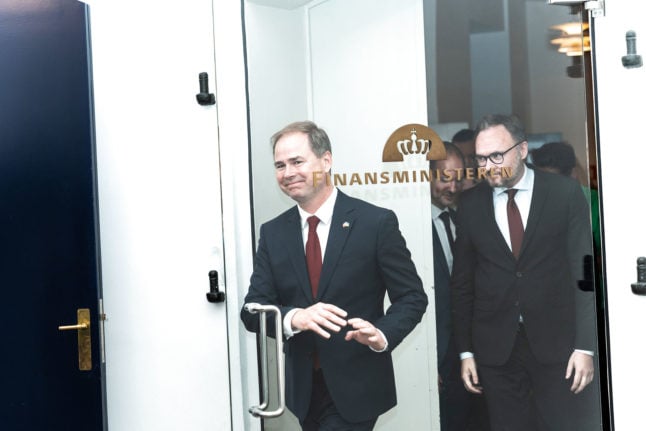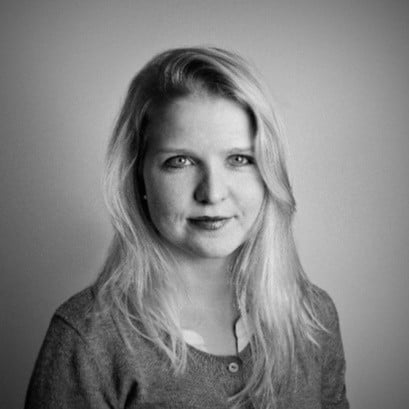A majority of parties agreed on Wednesday evening to vote through a rule change that will see the minimum salary requirement on the Pay Limit Scheme reduced, the Ministry of Finance confirmed in a statement.
The agreement means that, as of December 1st, salaries at or above 375,000 kroner per year will qualify for the scheme. That represents a 16 percent decrease from the current pay limit of 448,000 kroner annually.
Based on today’s exchange rates, the new minimum Pay Limit Scheme salary is the equivalent of approximately $52,700 €50,400 or £43,400.
The lowered threshold will exist on a trial basis for the next three years.
Political discussions over a change to the minimum salary rule have been ongoing for months, with most parties in agreement that the change was needed to address a labour shortage, but unable to come together over specifics.
“The Danish economy is in a strong position but we are currently experiencing increasing prices and a shortage of labour in Denmark. At the same time, we have set one of the world’s most ambitious climate goals,” Finance Minister Nicolai Wammen said in the statement.
“In that situation it is responsible economic politics to ease strain on the labour market for a while using foreign labour – provided this is in line with Danish salary and employment standards,” he said.
A reduction to the Pay Limit Scheme essentially means that Danish companies can now hire skilled foreign staff on contracts paying an annual salary of 375,000 kroner, and that the foreign employees can be granted work and residence permits on that basis.
Denmark grants work permits through the Pay Limit Scheme to foreigners who are offered high-paying jobs. There’s no education requirement and the scheme applies to all industries, as long as the annual salary requirement is met.
The Pay Limit Scheme is one of a number of business schemes used to grant work permits for non-EU and EEA nationals who are unable to move to Denmark under the EU’s right to free movement.
READ ALSO: How can you get a work permit in Denmark if you are not an EU national?
The Confederation of Danish Industry (Dansk Industri, DI), an employers’ organisation which represents thousands of Danish businesses, said that the labour shortage was one of the biggest problems facing the economy and therefore welcomed the agreement, news wire Ritzau writes.
An umbrella organisation for trade unions, Fagbevægelsens Hovedorganisation (FH) criticised the deal in comments to Ritzau.
“Politicians are opening the gate to foreign labour on relatively low wages. That creates unnecessary pressure on wages at a time when there are already a record number of foreign workers on the Danish labour market,” FH chairperson Lizette Risgaard said.
New work permits cannot be granted under the new, temporary Pay Limit Scheme criteria “if gross unemployment exceeds 3.75 percent or if more than 15,000 people make use of it,” the finance ministry said in the statement.
Alongside the Social Democratic minority government, the Liberal (Venstre), Socialist People’s Party (SF), Social Liberal (Radikale Venstre), Conservative, Nye Borgerlige (“New Right”), Liberal Alliance and Christian Democrats have agreed to support the rule changes.




 Please whitelist us to continue reading.
Please whitelist us to continue reading.
Member comments